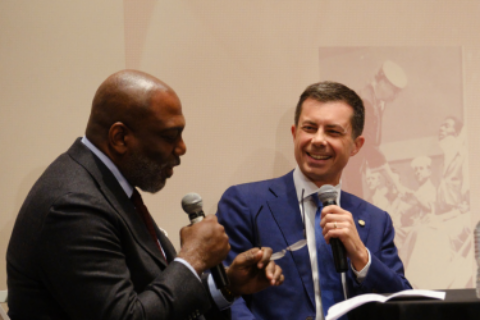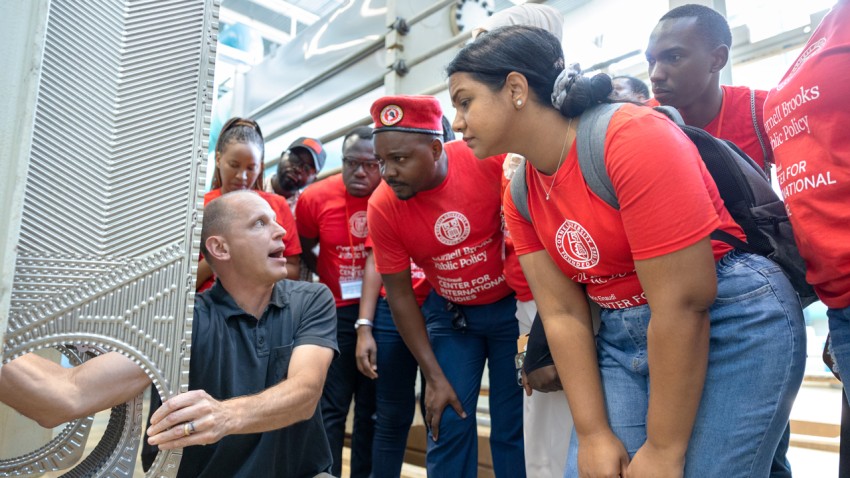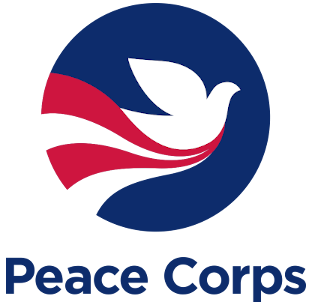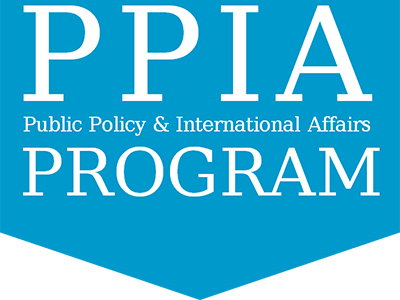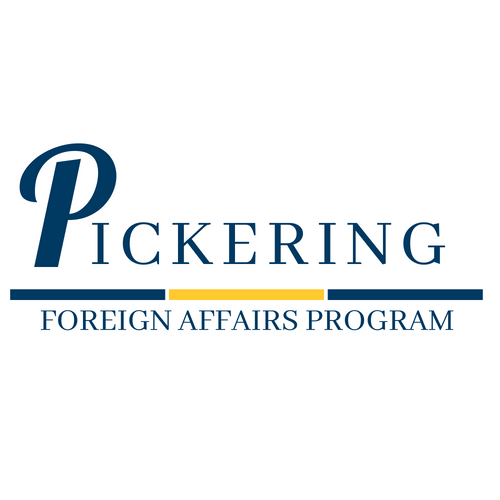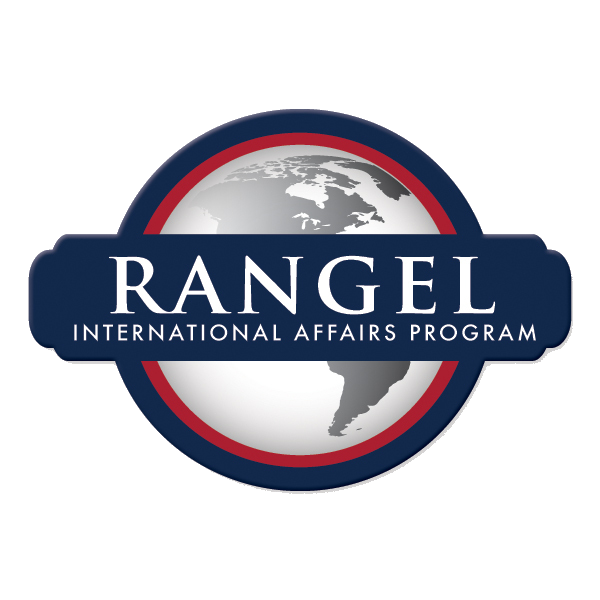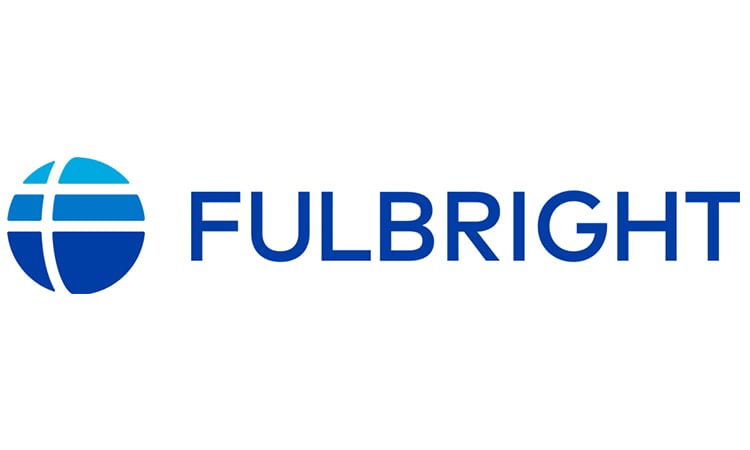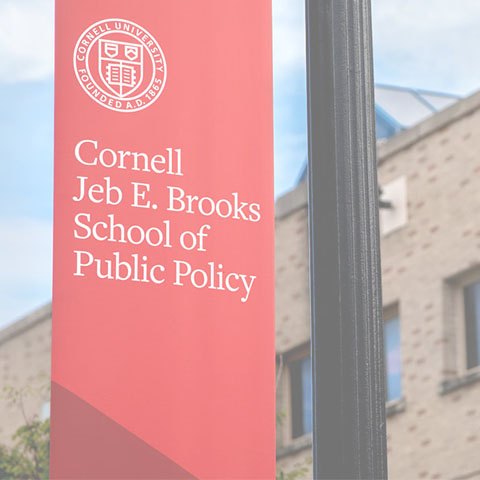Brooks School MPA Degrees
Residential MPA
Residential MPA
Are you ready to tackle the world’s most pressing policy problems and improve the lives of others? The Brooks School offers an interdisciplinary, Ivy League MPA degree to help start or accelerate your mission-driven career.
Explore getting an MPADual Degrees
Dual Degrees
The dual degree program offers the opportunity to earn two Cornell degrees simultaneously (in this case the MPA and MHA) with integrated coursework.
Explore our complementary/dual degreesExecutive MPA
Executive MPA
Differentiate yourself as an executive across the public, private, and nonprofit sectors. The EMPA program at the Brooks School is an interdisciplinary Ivy League degree designed for working professionals who want to invest new skills, new networks, and new energy into their careers.
Explore getting an EMPA
